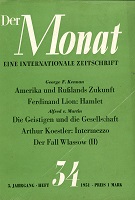
We kindly inform you that, as long as the subject affiliation of our 300.000+ articles is in progress, you might get unsufficient or no results on your third level or second level search. In this case, please broaden your search criteria.

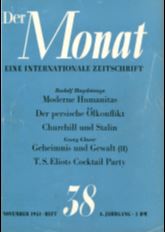
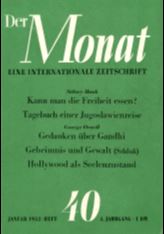
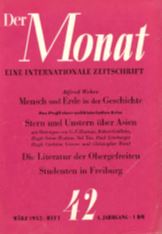

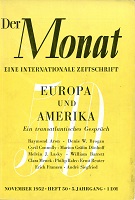
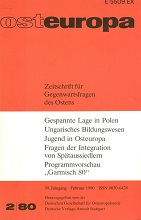
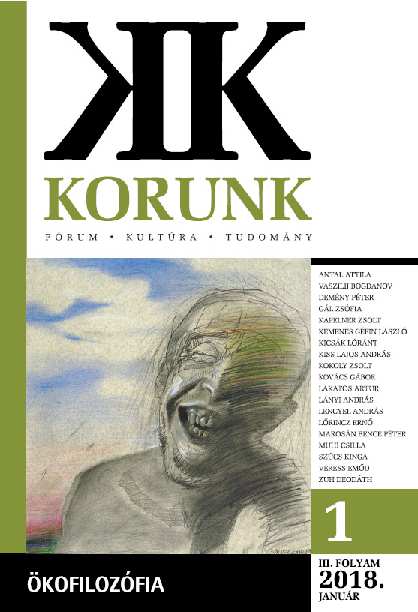
Sáringer János – Abdallah Abdel-Ati Abdel-Salam Mohamed (szerk.): A szuezi válság és Magyarország – 1956. Diplomáciai iratok. VERITAS Intézet – Magyar Napló Kiadó, Bp., 2017
More...
Na slovensko-rakouském pomezí zaútočilo 28. září 1973 komando palestinských teroristů. Událost vstoupila do dějin jako „Schönauská záležitost“ a vymyká se obvyklému líčení palestinského osvobozeneckého boje v době studené války. I role tehdejšího Československa byla komplexnější, než sugerovala pozdější komunistická propaganda, jež za všech okolností stranila Palestincům.
More...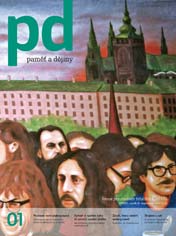
A symbol of anti-communist resistance in the early years of the Cold War were smugglers and couriers who illegally crossed the state border and territory Czechoslovakia founded and organized intelligence networks and groups, gained information of a different nature and helping across borders to the people who fled from the Communist Czechoslovakia.
More...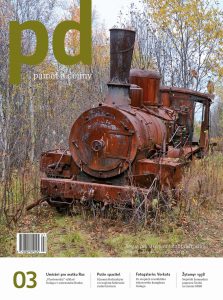
The declassification of pictures taken by American military satellites during the Cold War has made their scientific usage possible in a number of fields. They help archaeologists to discover in various parts of the world both ruins and entire new localities that are today imperceptible or completely lost as a result of the rapid development of agriculture and urban areas as well as the construction of water works. Information on changes to the environment is also a valuable resource for the natural sciences. The first generation of images was made accessible in 1995, followed by second and third series in 2002 and 2011. Together they make up a unique collection of hundreds of thousands of shots from the 1960–1984 period. Unlike contemporary satellite photographs, which deliver an image of the current situation in high resolution, it is possible to use them to look all the way back to several decades ago.
More...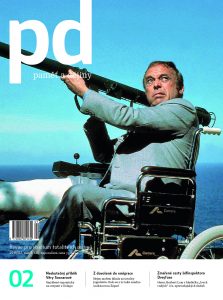
Herbert Lom made his name in world cinematography as the most successful Czech-born actor. Compared to his other fellow countrymen, he earned the most through filmmaking. Unlike others, he actually made his way to Hollywood. He became world famous playing the character of the mad Inspector Dreyfus in the Pink Panther series. When he died on 27 September 2012, the news was spread by virtually every major news agency around the world. However, he was also an artist who for a certain time fell hostage to complicated international policy. He was the focus of attention by the intelligence services from the West and from the East.
More...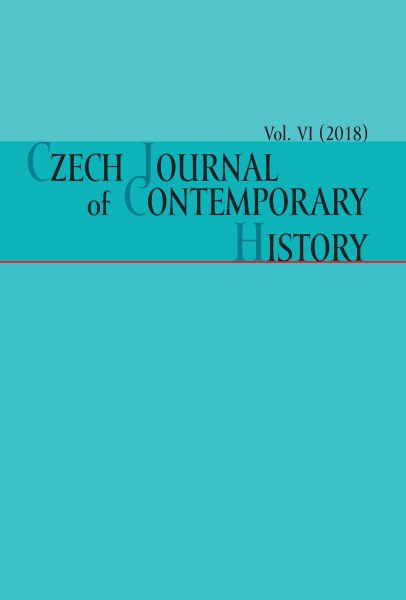
The article investigates how the Holocaust distorted and exploited in Cold War debates on the example of genesis and reception of the book Ghetto Warschau. Tagebücher aus dem Chaos [Warsaw Ghetto: Diaries from Chaos]. The book is a translation of the essay Stosunki polsko-żydowskie w czasie drugiej wojny światowej [Polish-Jewish relations during the Second World War], written by the Jewish historian and creator of the underground archive of the Warsaw Ghetto Emanuel Ringelblum while hiding from the German Occupiers in Warsaw in 1944. Ringelblum addressed his essay to the Polish reader discussing the relation of Christian Poles and Polish Jews under German occupation based on his own experience and the material he had collected. It was originally published in several portions in the Bulletin of the Jewish Historical Institute, an early Holocaust Research Center based in Warsaw. The German translation was based on this publication and published in summer 1967 in a Stuttgart-based publishing house. However, the new title, introduced by its German editors, suggested it was Ringelblum’s diary. Above that the blurb and many footnotes highlighted the role of Poles as perpetrators in the Holocaust, while minimizing that of Germans. As the article shows, the book was prepared by the Göttinger Arbeitskreis ostdeutscher Wissenschaftler [Göttingen Working Group of Eastern German Scholars], a Think Tank with close ties to the German expellee community, campaigning for a revision of the Polish western border. Göttinger Arbeitskries used the book and earlier on excerpts of Ringelblum’s text for a smear-campaign in the West-German expellee press. Through the biased presentation and distorted context of the work these former Ostforschers sought to portrait Poles as eternal anti-Semites and the factual perpetrators of the mass murder of Polish and European Jews following their anti-Polish agenda. Polish nationalist within the ruling Polish United Workers Party in turn exploited the book and the campaign based on it, which coincided with the anti-Semitic campaign in Poland. Though the Institute was not involved in the publication of the German book, the Polish national communists accused it of supporting German revisionism and “Zionists” abroad in their slander of Poland.
More...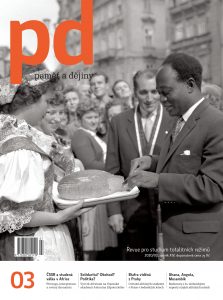
The Cold War affected to a greater or lesser extent all the inhabited continents. While it reached Africa a little later than other parts of the so-called Third World, it struck the continent all the stronger. Academic research into the Cold War neglected Africa for quite a long time, as it was seen only as a marginal “battlefield” which the conflict between the United States and the Soviet Union sometimes affected in the form of proxy wars. A turning point in this approach came with ‘Global Cold War’, a book by the Norwegian historian Odd Arne Westad. He does not consider the “struggle” for the Third World as a marginal component of this conflict, but as one of its key axes. American as well as Soviet interventions in the Third World, in Westad’s opinion, were ideologically motivated and were supposed to prove the versatility of liberal capitalism on the one side and state socialism on the other. For each of these two superpowers, possible rule over the Third World, in which most of the world’s population lived, would also mean victory for its ideological concept.
More...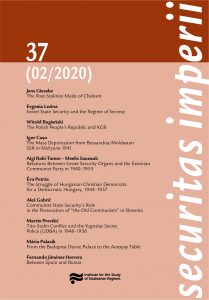
The work of Czechoslovak security advisers in Mali in the years 1960–1964 was part of the rivalry between the East and West over political influence in newly established African states. Czechoslovak security advisers proposed and helped introduce a new system of organization for Malian security. They arranged and, together with lecturers invited from Czechoslovakia, conducted short-term courses in Mali on counterintelligence, intelligence techniques and technology, eavesdropping, ciphering, criminology, cynology, pyrotechnics, and protecting government officials. Malian security officers also completed months-long state-security courses in Czechoslovakia. The Czechoslovak advisers also consulted on the operational activity of Malian security and participated in intelligence activities for Czechoslovak intelligence.
More...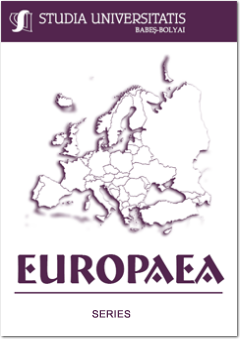
Anti-communist by excellence in spirit, the painter, sculptor and illustrator Camilian Demetrescu left Romania and went to Italy, tired of the continuous persistent attempts of the Securitate to attire him into becoming a collaborator. He left Romania legally in 1969, with a passport, and when the visa expired, he asked for political asylum. His stay in a capitalist country, but most of all the depths of his cultural and political exile, reflected in the articles of the Italian printed press and in the participation to actions or congresses, determined the Securitate not only to target him informatively, but also to threaten him, fact that did not stop him from being up to the end, with stoicism and determination, a convinced and militant anti-communist, a promoter of democracy and of human rights, but also an artist, who kept in his paintings, illustrations and sculptures the emotional relationship with Romania.
More...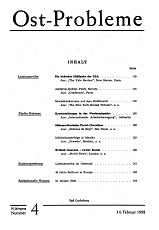
ORIGINAL SOURCE: » The Yale Review «, New Haven, Conn., March 1957/ ORIGINAL TITLE: » Communism and Security in Latin America « Author: Frank R. Brandenburg.
More...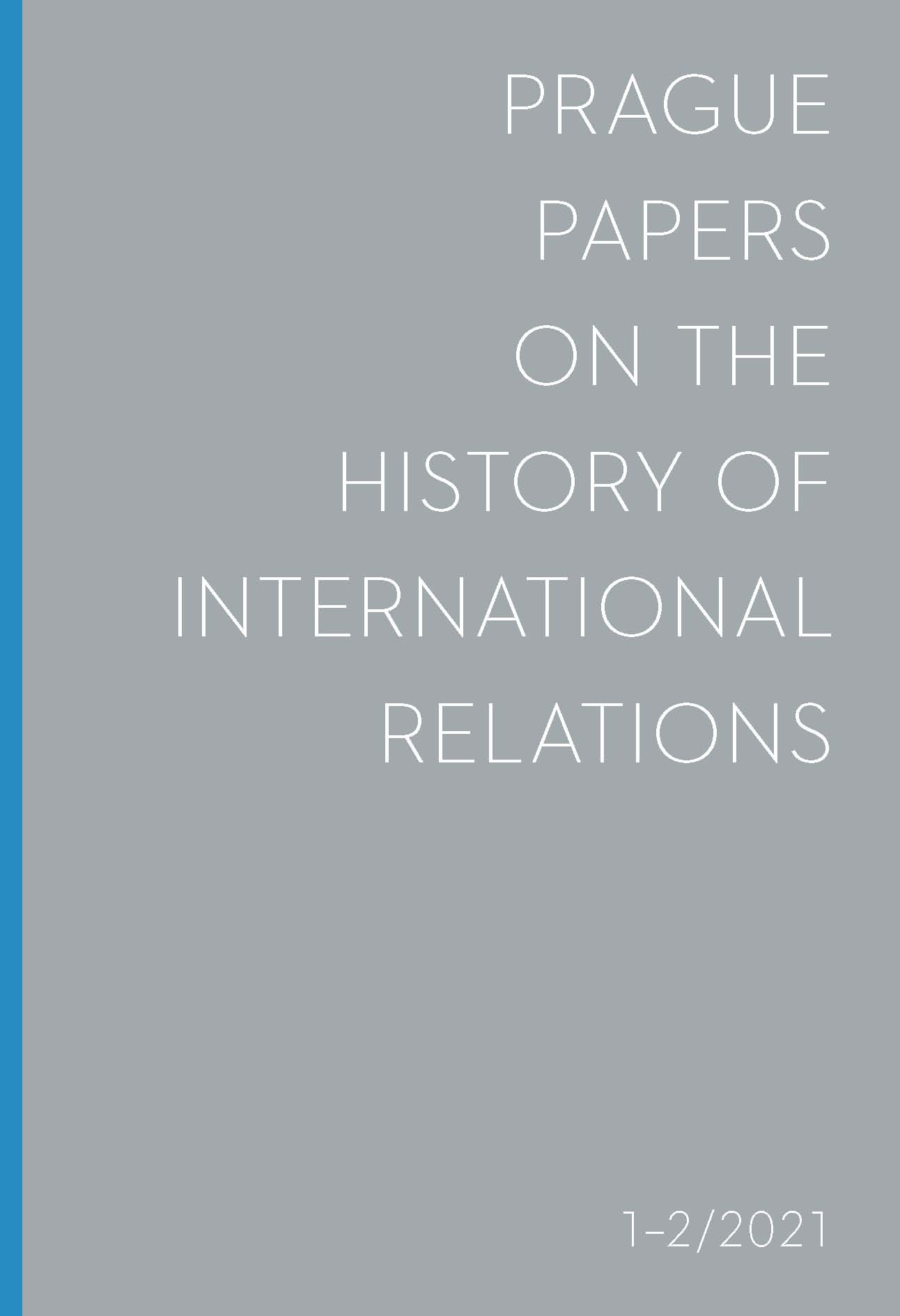
Gaddafi’s revolution fundamentally changed the approach of socialist states to Libya and opened new possibilities for cooperation between the Eastern bloc and the newly formed Libyan Arab Republic. As Czechoslovakia did not want to be left behind, it started trying to break into the Libyan market in the early 1970s, especially using Czech experts in the fields of healthcare, geology, and engineering. Beginning in 1974, Czechoslovakia started seeking to consolidate its position in the Libyan economy and to aid the country’s modernization by sending out experts under a scientific and technical cooperation program. However, it faced a number of obstacles. One such obstacle was the competition between the Warsaw Pact states in Libya. Prague sent hundreds of civilian experts to Gaddafi’s Libya between 1970 and 1989, contributing substantially to the reputation of socialist Czechoslovakia not only in Libya but throughout the Third World. Based on never-before-used materials from Czech archives, this study attempts to portray the workings of the scientific and technical cooperation between Czechoslovakia and Libya and its importance to Czechoslovakia-Libya relations. The text discusses, among other things, the question of Czechoslovakia’s self-representation as an autonomous business actor, and the problematic aspects of the life of Czechoslovak experts in Libya.
More...
Since the 1960s, Czechoslovakia was very active in providing development aid to the newly established states in Africa. One of the most widely used instruments of this aid was the sending of expert groups from various fields. In view of the lack of reliable, yet sufficiently professional and linguistically equipped cadres available to the Czechoslovak government, emigration to the West was not uncommon among the experts sent. A more significant increase in emigration occurred immediately after 1968, when Warsaw Pact armies invaded Czechoslovakia. This article attempts to present the daily reality of Czechoslovak experts sent to Africa. It will focus on their motivations for going, the functioning of their communities and, through the stories of several experts, it will also outline the motivations and methods of emigration to the West through the country to which they were sent or reflections on emigration. The article is based mainly on materials from the Czechoslovak Ministry of Foreign Affairs and interviews with the experts or their close relatives. The stories of two water engineers, Antonín Petlach and René Sameš (Ghana), pharmacists Zdeňka and Otomar Věříš (Tunisia), and physician Jan Foustka (Ghana) will be discussed.
More...
The first Czechoslovak pioneers of tropical and subtropical forestry appeared in the nineteenth century. Yet, only after the onset of the communist regime in Czechoslovakia in 1948, in connection with the advancing decolonization of the Global South and the culmination of the Cold War, did the dispatch of forest experts in post-colonial countries become a targeted and centrally-controlled policy of Prague. The first educational institutions focused on tropic forestry and Polytechna, a Czechoslovak foreign trade corporation whose task was to send Czechoslovak experts abroad, were established in the late 1950s. By the mid-1970s, when Angola gained independence, Czechoslovak authorities already had considerable experience with the dispatch of their forest experts in the global South. Such experts became part of the extensive Czechoslovak assistance to new pro-socialist Angolan government. This article, based on interviews with the former Czechoslovak experts sent to Angola after 1975, complemented by archival documents, analyzes their individual trajectories and experiences to show how this policy looked in practice.
More...